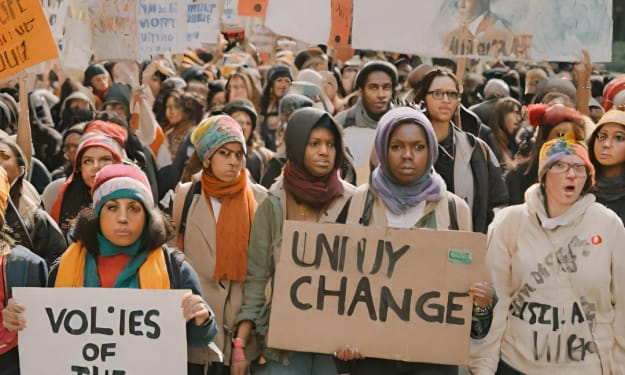
The Israeli-Palestinian conflict is one of the most enduring and deeply entrenched conflicts in the world. It's a topic that encompasses a wide range of historical, political, cultural, and humanitarian aspects. A comprehensive discussion of this complex issue would require much more than 2000 words, but I can provide an overview of the key historical events and some of the main issues surrounding the conflict.
**I. Historical Background**
The roots of the Israeli-Palestinian conflict can be traced back to the late 19th and early 20th centuries, when Jewish immigrants began to settle in the region then known as Palestine, which was part of the Ottoman Empire. The Zionist movement, which sought to establish a Jewish homeland in Palestine, gained momentum.
**II. The British Mandate Period (1917-1948)**
After World War I, the League of Nations granted Britain a mandate to govern Palestine. During this time, tensions between Jewish immigrants and Arab Palestinians grew. In 1947, the United Nations proposed a partition plan to divide Palestine into separate Jewish and Arab states, with an international administration for Jerusalem. The plan was accepted by Jewish leaders but rejected by Arab leaders, leading to the 1948 Arab-Israeli War.
**III. The Establishment of Israel (1948)**
Israel declared its independence on May 14, 1948. Arab states opposed this declaration and intervened militarily. The war ended with armistice agreements, which did not resolve the broader conflict. The 1948 war led to the displacement of a large number of Palestinian Arabs, a significant issue that continues to influence the conflict to this day.
**IV. The 1967 Six-Day War**
In 1967, another war, the Six-Day War, broke out between Israel and several Arab states. Israel emerged victorious and occupied the West Bank, Gaza Strip, East Jerusalem, and the Golan Heights. These territories are central to the Israeli-Palestinian conflict as Palestinians seek to establish an independent state in the West Bank and Gaza.
**V. Peace Efforts**
Numerous peace efforts and negotiations have taken place over the years. The Oslo Accords (1993), Camp David Accords (2000), and the Annapolis Conference (2007) are just a few examples. These efforts aimed to address issues such as borders, the status of Jerusalem, the right of return for Palestinian refugees, security, and recognition of Israel by Arab states.
**VI. Core Issues and Obstacles**
Several core issues continue to obstruct a peaceful resolution:
1. **Borders:** The borders of a future Palestinian state and the security arrangements for Israel.
2. **Jerusalem:** The status of Jerusalem, a city that holds deep religious and cultural significance for Jews, Muslims, and Christians.
3. **Refugees:** The right of return for Palestinian refugees who were displaced during previous conflicts.
4. **Security:** Ensuring the security of both Israelis and Palestinians.
5. **Recognition:** The recognition of Israel's right to exist by Arab states.
**VII. Ongoing Violence and Tensions**
The Israeli-Palestinian conflict has led to numerous wars, uprisings (intifadas), and cycles of violence. Periodic military confrontations in the Gaza Strip, in particular, have garnered significant international attention and humanitarian concern.
**VIII. International Involvement**
The international community, including the United Nations, the United States, the European Union, and regional actors, has been involved in mediation and peace efforts. Various peace plans and initiatives have been proposed, but a lasting resolution remains elusive.
**IX. The Two-State Solution**
A two-state solution, with Israel and a future Palestinian state coexisting side by side, has been a widely accepted framework for potential peace. However, achieving this solution has proven to be exceedingly difficult, given the complexities and deep-seated grievances on both sides.
**X. The Humanitarian Aspect**
The Israeli-Palestinian conflict has had a profound impact on the lives of the people in the region. It has resulted in the loss of lives, the displacement of communities, and challenges to basic human rights and dignity. Humanitarian organizations and international agencies play a crucial role in providing aid and assistance to affected populations.
In conclusion, the Israeli-Palestinian conflict is a multifaceted and deeply sensitive issue that has defied resolution for decades. It requires careful consideration of historical context, geopolitical dynamics, and the aspirations of both Israelis and Palestinians. Achieving a lasting and just peace in the region remains a significant challenge, and it's important for all parties involved to continue pursuing diplomatic solutions while addressing the human suffering caused by the conflict.
About the Creator
Been Khan
Just a student trying to help myself to afford my own expenses.





Comments (1)
Excellent work 👌👍